MANCHESTER, England: Perhaps the most useful and pervasive application of artificial intelligence (AI) in the average person’s life is the large language model (LLM)—a type of machine learning model we rely on for conversational responses to a wide range of questions, from life advice to simple fact-checking. A new UK study has evaluated the performance of three popular LLMs—Gemini, ChatGPT and Grok—in assessments from the Bachelor of Dental Surgery (BDS) and dental hygiene and therapy (DHT) programmes. The research highlights how LLMs can support dental education, but also exposes key limitations, particularly in content generation for student assessment.
Research has shown that LLMs are capable of passing examinations in the medical field, though a clear analysis of their role in dental education, as well as a comparison of various platforms, has been absent. The new study attempted to address this breach and showed that all three LLMs were able to pass every assessment across 260 multiple-choice questions, 80 short-answer papers and three structured oral examinations drawn from the BDS and DHT curricula. Performance on multiple-choice questions was consistent across models, and no significant differences were found. In short-answer papers, however, ChatGPT and Grok significantly outperformed Gemini in the DHT cohort.
This has important clinical and educational implications. The ability of LLMs to answer written questions across all years of the BDS and DHT programmes suggests that these tools could be used by students to support revision and by educators to benchmark learner progress. The findings also reinforce previous research results that showed that LLMs are a highly valuable tool in dental education, despite the cybersecurity risks they may pose.
However, when asked to generate original examination questions and marking schemes, all LLMs displayed notable shortcomings. Problems included overly complex or vague marking schemes, misuse of clinical terminology, double negatives in question stems and questions that did not align with intended learning outcomes. Critically, most generated questions only reached the lower levels of Bloom’s taxonomy and Miller’s pyramid, focusing on factual recall rather than clinical application or reasoning.
For dental education, this suggests that, while LLMs may assist in formative learning and low-stakes assessment, they cannot yet reliably replace human input in the design of high-quality, summative assessment tools. This is particularly important in the BDS programme, where assessments must support progression from novice to competent clinician across a structured curriculum.
The study concludes that LLMs like ChatGPT and Grok have value in supporting BDS education, especially in answering questions and generating draft content. However, human oversight remains essential in order to ensure clinical accuracy, alignment with General Dental Council standards and meaningful assessment of applied knowledge. As AI tools continue to evolve, their integration into dental education must be thoughtful, evidence-based and educator-led.
The study, titled “Performance of large language models (ChatGPT4‑0, Grok2 and Gemini) in UK dentistry and dental hygiene and therapy assessments”, was published online on 20 June 2025 in the British Dental Journal, ahead of inclusion in an issue.
Topics:
Tags:
BOSTON, US: VideaHealth, a provider of artificial intelligence (AI)-powered dental technology, has introduced OrthoAI and ImplantAI—new features within ...
HONG KONG: According to the Global Burden of Disease study, early childhood caries affects approximately 530 million children around the world, making it ...
LONDON, Canada: The use of artificial intelligence (AI) in dentistry is rapidly expanding, offering new possibilities in diagnostics, treatment planning and...
MALMÖ, Sweden: A forward thinking, transdisciplinary oral health research hub at Malmö University has received a welcome funding injection from ...
STONY BROOK, N.Y., US: The applicability and efficacy of artificial intelligence (AI) within dentistry appears to be limitless. With each passing day, ...
Live webinar
Wed. 4 March 2026
1:00 am UTC (London)
Dr. Vasiliki Maseli DDS, MS, EdM
Live webinar
Wed. 4 March 2026
5:00 pm UTC (London)
Munther Sulieman LDS RCS (Eng) BDS (Lond) MSc PhD
Live webinar
Wed. 4 March 2026
6:00 pm UTC (London)
Live webinar
Thu. 5 March 2026
1:30 am UTC (London)
Lancette VanGuilder BS, RDH, PHEDH, CEAS, FADHA
Live webinar
Fri. 6 March 2026
8:00 am UTC (London)
Live webinar
Tue. 10 March 2026
8:00 am UTC (London)
Assoc. Prof. Aaron Davis, Prof. Sarah Baker
Live webinar
Wed. 11 March 2026
12:00 am UTC (London)
Dr. Vasiliki Maseli DDS, MS, EdM



 Austria / Österreich
Austria / Österreich
 Bosnia and Herzegovina / Босна и Херцеговина
Bosnia and Herzegovina / Босна и Херцеговина
 Bulgaria / България
Bulgaria / България
 Croatia / Hrvatska
Croatia / Hrvatska
 Czech Republic & Slovakia / Česká republika & Slovensko
Czech Republic & Slovakia / Česká republika & Slovensko
 France / France
France / France
 Germany / Deutschland
Germany / Deutschland
 Greece / ΕΛΛΑΔΑ
Greece / ΕΛΛΑΔΑ
 Hungary / Hungary
Hungary / Hungary
 Italy / Italia
Italy / Italia
 Netherlands / Nederland
Netherlands / Nederland
 Nordic / Nordic
Nordic / Nordic
 Poland / Polska
Poland / Polska
 Portugal / Portugal
Portugal / Portugal
 Romania & Moldova / România & Moldova
Romania & Moldova / România & Moldova
 Slovenia / Slovenija
Slovenia / Slovenija
 Serbia & Montenegro / Србија и Црна Гора
Serbia & Montenegro / Србија и Црна Гора
 Spain / España
Spain / España
 Switzerland / Schweiz
Switzerland / Schweiz
 Turkey / Türkiye
Turkey / Türkiye
 UK & Ireland / UK & Ireland
UK & Ireland / UK & Ireland
 International / International
International / International
 Brazil / Brasil
Brazil / Brasil
 Canada / Canada
Canada / Canada
 Latin America / Latinoamérica
Latin America / Latinoamérica
 USA / USA
USA / USA
 China / 中国
China / 中国
 India / भारत गणराज्य
India / भारत गणराज्य
 Pakistan / Pākistān
Pakistan / Pākistān
 Vietnam / Việt Nam
Vietnam / Việt Nam
 ASEAN / ASEAN
ASEAN / ASEAN
 Israel / מְדִינַת יִשְׂרָאֵל
Israel / מְדִינַת יִשְׂרָאֵל
 Algeria, Morocco & Tunisia / الجزائر والمغرب وتونس
Algeria, Morocco & Tunisia / الجزائر والمغرب وتونس
 Middle East / Middle East
Middle East / Middle East
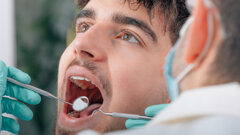
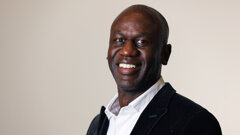









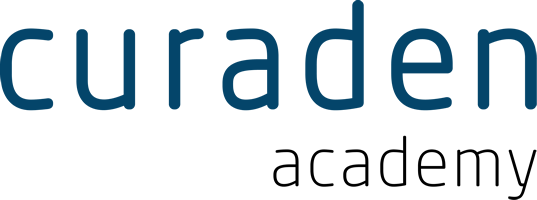















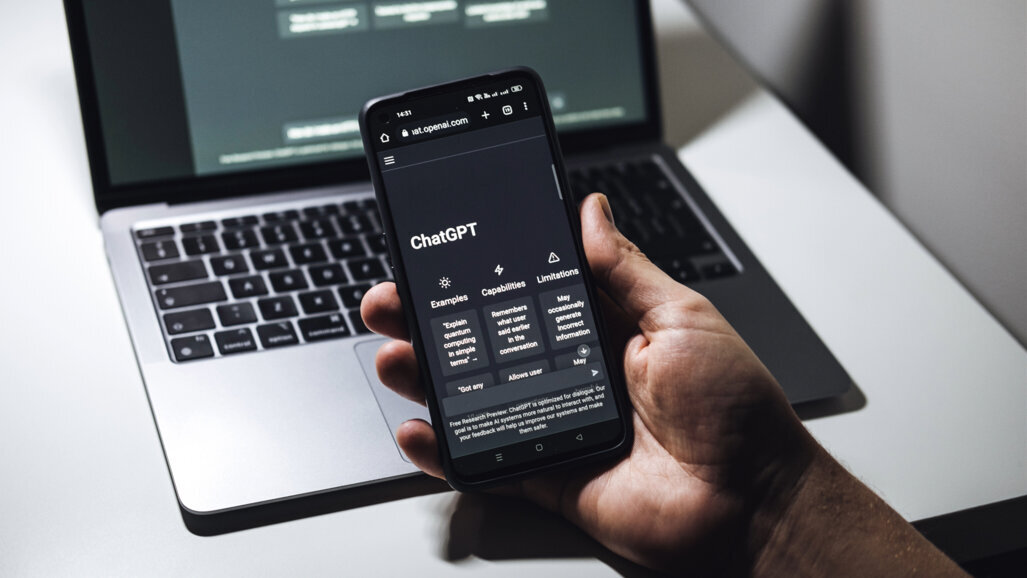


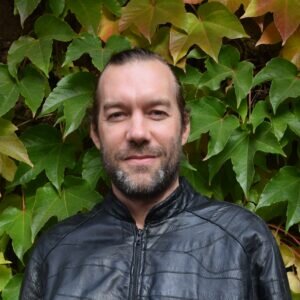
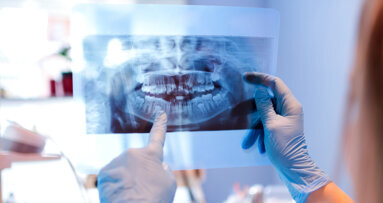

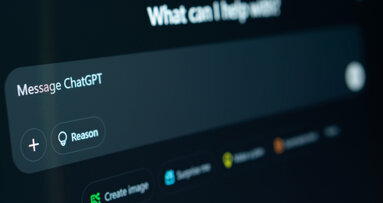

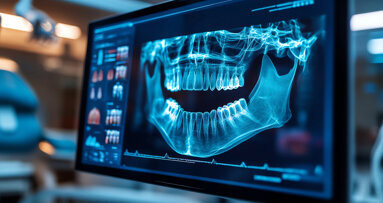








To post a reply please login or register